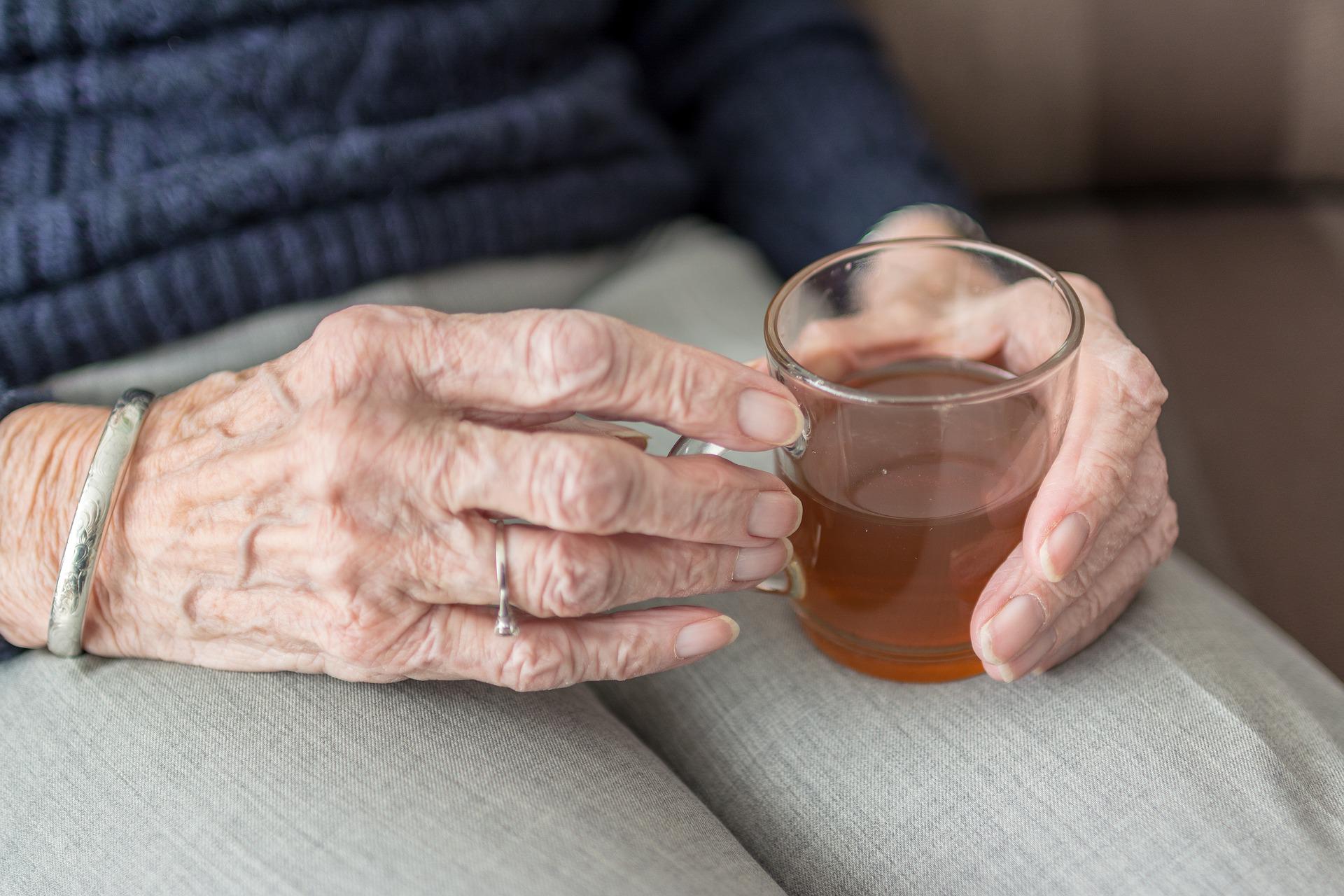It’s a difficult situation – you want to take care of your elderly parent, but they are driving you crazy. Sure, you understand that they always cared for you, and you have a sense of responsibility towards them – that’s normal and admirable. Still, it is not always easy. Whether they exhibit a demanding attitude, an angry demeanor, or even excessive physical needs, caring for Mom or Dad as they age can be a trying experience. You are not alone in feeling frustrated, and there is help available. This article will identify some of the more difficult senior behaviors you may be experiencing and offer some assistance in dealing with them.
3 Difficult Senior Behaviors
- Anger or Hostility: Some seniors have had angry outbursts their whole life, but others may be experiencing these due to illness and frustration. Age tends to intensify an existing character trait, so anger is more likely to become evident in those whose personality was always a bit more impatient or demanding. Unfortunately, the primary caregiver typically catches the brunt of this behavior. If you are dealing with this challenging situation, first attempt to identify the underlying reason for their outburst. They may resent the aging process, be experiencing chronic pain, or miss their friends. Getting older can seem to rob them of too many important things – and they may lash out. Remember that Alzheimer’s disease can also be the root cause of hostility. When dealing with dementia, remember that your loved one doesn’t have complete control over their words or actions, so never take it personally. If the anger escalates into abuse, you may wish to seek professional help. And if it all becomes too overwhelming, there is no shame in calling for reinforcements – whether for an afternoon, a weekend, or even longer. Respite care is available at many facilities or may be covered by your loved one’s insurance.
- Refusing to Shower or Bathe: Often, we see older adults failing to take care of their hygiene and assume their memory may be failing. While this can signify Alzheimer’s disease or dementia, it may also be a senior behavior borne out of their fading independence. As someone grows older, they lose their sense of control over many parts of their life. The desire to make their own decisions and be independent clashes with their reality, as fewer and fewer things are actually within their control. Therefore they may simply be taking control of something they still can – even if it seems objectionable to you. In fact, if you are insistent that they shower, they may refuse to do so as an act of defiance – not against you, but against a life that allows them few decisions of their own. There are other possible reasons for this senior behavior – depression is a possibility. Also, their senses of sight and smell may be declining, and they may not be aware of their body odor or dirty appearance. They may have simply lost track of time and not realized it has been too long since they brushed their teeth. Caregivers need to determine the reason behind the fading hygiene practices and react accordingly. They may need antidepressants, grab bars installed, or wish to have someone bathe them to feel more secure. Finally, you may want to adjust your expectations. Unless they are incontinent (requiring different solutions), most senior citizens can shower only once or twice a week. While it may not be desirable for you, it may not be an issue worth causing anxiety over.
- Paranoia, Delusions, and Hallucinations: one of the more difficult senior behaviors for caregivers to witness are delusions and hallucinations. It is heartbreaking to see, but it can be exceptionally hard to counter – how do you convince someone what they are tangibly experiencing is not real? However, caregivers should not try to remedy this situation on their own. Hallucinations and delusions are red flags indicating a severe physical or mental problem. Discuss what is happening with their physician, as the behavior could result from a medication or other medical condition, such as dehydration or a UTI. Of course, paranoia and delusions are often associated with dementia and Alzheimer’s disease. When dementia is the cause, there is little to do but go along with them. You cannot dissuade them from their belief, so simply validate what they are experiencing at the moment. If they are agitated or fearful, acknowledge their emotion but assure them they are safe and secure.
Taking care of an elderly loved one is difficult, and these behaviors can make it seem overwhelming at times. If you are in need of respite care – or feel it may be time for professional memory care – call A Banyan Residence in Venice. We are here to help.

